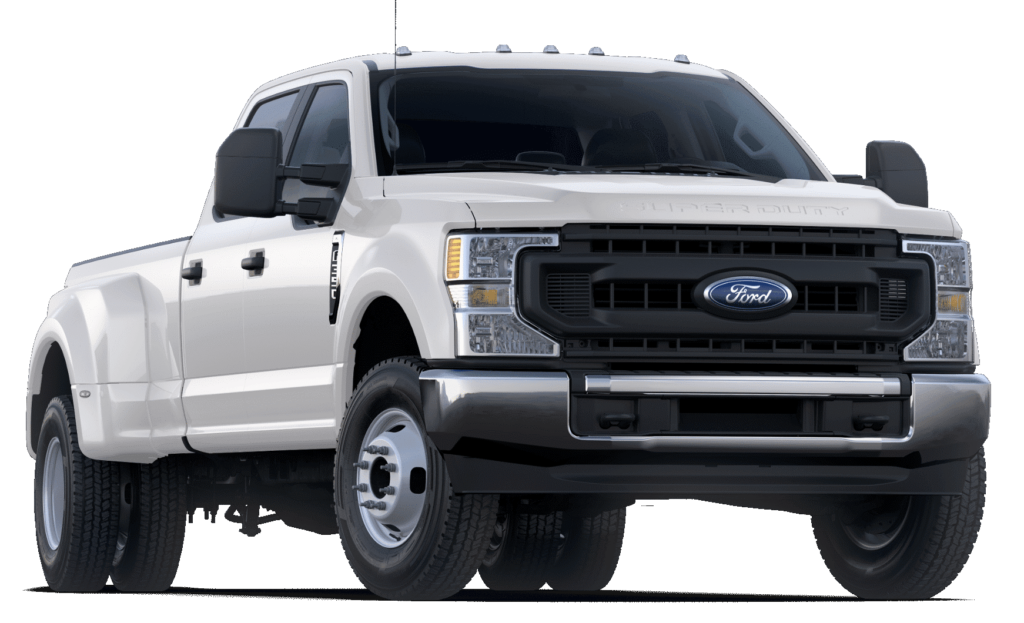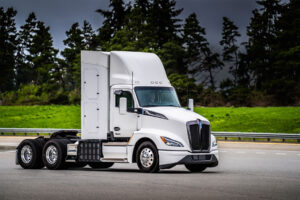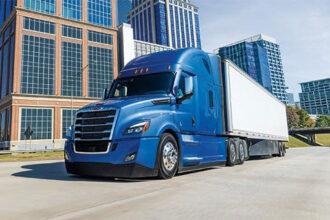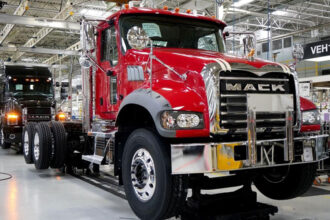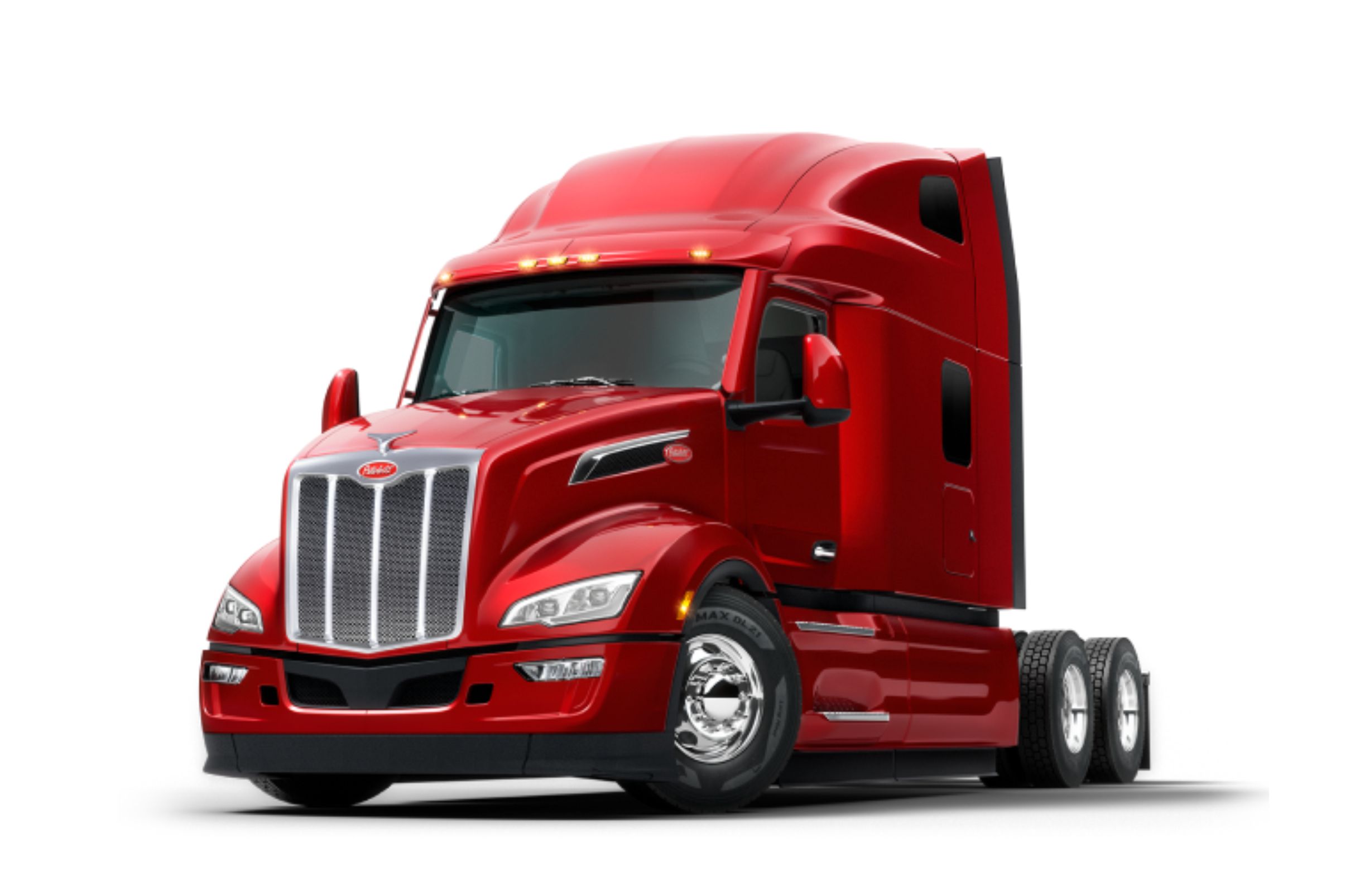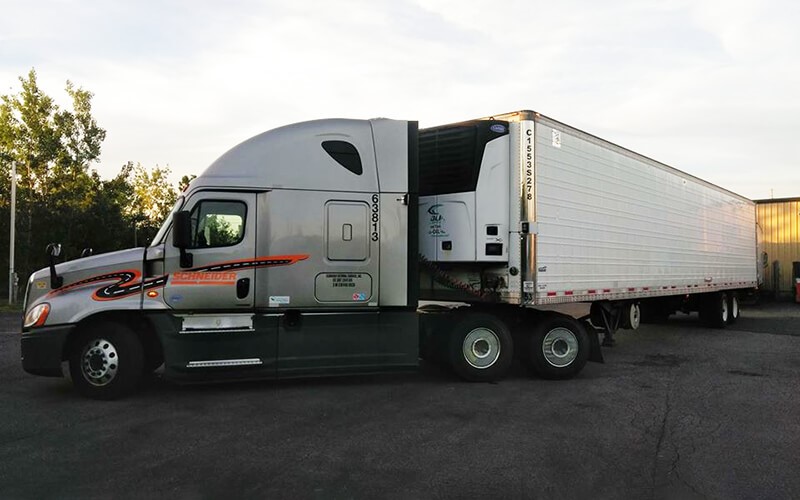Table of Contents
Introduction
Are you ready to rev up your entrepreneurial engine and steer your way towards success? Starting your very own pickup truck business is not just a promising venture; it’s a road to potential prosperity.
As you prepare to hit the highways of opportunity, choosing the right location becomes a pivotal decision in your journey. So, grab the wheel and set your course for these prime destinations: Texas, Florida, California, North Carolina, Georgia, Colorado, Arizona, Nevada, Tennessee, and Utah. These states are more than just dots on the map; they are the fertile grounds where your pickup truck business can truly thrive.
Fasten your seatbelt and navigate the ins and outs of launching a successful pickup truck business.
1. Conduct Market Research
To launch a pickup truck business, conduct market research. Begin by identifying your target market. Determine the specific customer groups that are most likely to require your hauling services, such as contractors, individuals with substantial items to move, or businesses dealing with limited storage space.
Next, evaluate the competition. Research other pickup truck businesses in your area. Analyze their strengths and weaknesses, study their service offerings, and assess their pricing strategies.
Assess the local demand for pickup truck services. Engage with potential customers, explore online resources like local classifieds and social media platforms, and consider conducting surveys and focus groups to understand the needs and preferences of your potential clients.
Gather industry-specific data related to the pickup truck sector. Seek insights into industry trends, growth patterns, and the average prices charged for pickup truck services in your region.
2. Choose a Business Name
To establish a pickup truck business, choose a business name. Selecting an unforgettable business name is a crucial early step in launching your enterprise.
Before delving into paperwork or establishing your online presence, it’s vital to choose a name that sets you apart. Ensure that the name is easily pronounceable, distinctive, and memorable. Your business name will be your brand’s identity, so make it count.
3. Gather the Necessities
To establish a successful pickup truck business, it’s essential to gather the following necessities:
- Begin with a feasibility report to assess the viability of your business idea. Develop comprehensive business and marketing plans to guide your operations and effectively promote your services.
- Ensure you acquire all the required business licenses and permits to operate legally in your area. If you plan to work with clients like Amazon, have a contract document in place outlining terms and expectations. Acquire one or more reliable pickup trucks that meet the specific needs of your pickup truck business.
- Obtain at least a Class B Commercial Driver’s License (CDL) if it’s a requirement for your hauling activities. Secure appropriate insurance coverage to protect your business, assets, and clients and apply for an Employer Identification Number (EIN) or Federal Tax ID Number for tax and business registration purposes.
- Open a corporate bank account to manage your finances separately from personal funds. If your operations involve interstate travel, obtain International Registration Plan (IRP) plates for your vehicles.
- Hire and train employees who will be part of your team, if necessary.
- Ensure you have adequate operational capital to cover ongoing expenses like fuel, maintenance, and payroll.
4. Get a Truck
To acquire a pickup truck business, get a truck. Acquiring the right vehicle is a pivotal step in establishing your pickup truck business. If you already possess a pickup truck, you’re off to a good start. Otherwise, it’s time to weigh your options for your vehicle purchase.
Consider whether you prefer a new or used truck and prioritize those with substantial load capacity. Pickup trucks are often categorized as half-ton, three-quarter-ton, or one-ton vehicles, with one-ton trucks capable of carrying up to 2,000 pounds. Opt for a one-ton vehicle for your hauling businesses, as it accommodates larger jobs.
However, ensure that the truck you select is also fuel-efficient to save on long-term expenses.
5. Get the Right Equipment
To obtain a pickup truck business, get the right equipment. In addition to your truck, your pickup truck business requires the right equipment to ensure efficient, safe, and damage-free operations. One essential piece of equipment is a hand truck or dolly, which comes in various types, including moving Dollys and appliance Dollys. It’s crucial to have the appropriate tool for each job, so consider purchasing multiple types of dollies to cater to different needs.
Furthermore, secure your cargo during hauling assignments and protect delicate items.
6. Register Your Business
To form a pickup truck business, register your business. Certainly, when starting your hauling business with a pickup truck, you must handle several legal and regulatory aspects:
Business Structure
Your choice of business structure is critical. Many in the hauling business opt for a Limited Liability Company (LLC) to protect themselves from potential claims.
Licenses and Permits
Depending on your location and the nature of your pickup truck services, you may need various licenses and permits, including a Business License, Commercial Driver’s License (CDL), Vehicle Permit, Dumpster Permit, Environmental Permit, and Zoning Permit.
Certifications
Consider obtaining relevant certifications, such as a Commercial Driver’s License (CDL), Certified Moving Professional (CMP), Occupational Safety and Health Administration (OSHA) Certification, Forklift Certification, or Hazardous Materials Handling Certification, depending on your pickup truck specialization.
Intellectual Property
Although not always necessary, you might want to protect your branding by trademarking unique logos, slogans, or taglines. If your pickup truck business has developed innovative processes or systems, consider exploring patent options to safeguard your intellectual property.
Consult with experts and comply with all requirements for the success of your pickup truck business in the industry.
7. Analyse and Budget
To organize a pickup truck business, do cost analysis, budgeting, and financial projection. Starting a haulage business with a pickup truck can have varying startup costs. For owner-operated enterprises, the initial investment can be under $30,000, while fleet operators with multiple trucks may face startup costs of $150,000 or more.
Several key expenses are involved in starting and running this business. These include a business registration fee of approximately and the purchase of pickup trucks. Depending on whether you choose a new or used vehicle, the cost of a pickup truck ranges from $15,000 to $50,000 or more.
Insurance, business licenses, marketing, advertising, operating expenses, and miscellaneous costs should also be in consideration.
To keep your business running smoothly, you’ll encounter ongoing expenses such as vehicle and equipment maintenance, fuel, insurance, business licenses and permits, marketing and advertising, taxes, office-related costs, and employee expenses.
The annual profit for a pickup truck business with one pickup truck can vary widely, with estimates ranging from $30,000 to $50,000 on average. Your actual profit will depend on factors such as the number of pickup trucks in your fleet, additional services or products offered, the location of your business, your management style, your business approach, marketing and advertising strategies, and the number of years your business has been in operation.
8. Start and Promote Your Business
To create a pickup truck business, start and promote your business. Now that your equipment is ready, it’s time to launch your pickup truck business and attract customers. Begin by leveraging your network of family and friends. Ask for their referrals as word-of-mouth recommendations can be powerful.
Consider establishing an online presence to connect with local customers. Ensure your online profile is informative and professional. Take a proactive approach by introducing your services to local businesses in your area. Leave behind business cards and make a memorable impression.
Explore opportunities on gig-referral apps, where you can join as an independent contractor to quickly find clients seeking on-demand moving and hauling services.
9. Secure Insurance Coverage
To commence a pickup truck business, secure proper insurance coverage. Ensuring your hauling business is adequately protected in case of accidents or mishaps is crucial. To safeguard your enterprise, you’ll need various types of insurance:
- Vehicle Insurance
- Cargo Insurance
- Liability Insurance
Insurance is not only about protection; it’s also about building trust with customers!
Recap
Starting a successful pickup truck business requires thorough market research, choosing the right equipment, registering your business, careful budgeting, strategic marketing, and obtaining essential insurance coverage.
Key considerations include your business location, target market, and the selection of appropriate vehicles. Some of the prime locations for this venture include Texas, Florida, California, and others.


